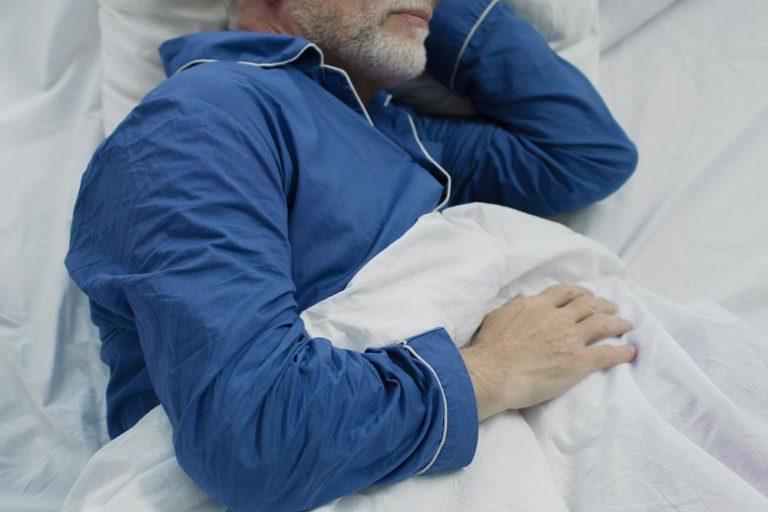Sleep
Medical Studies on Pregnenolone – Sleep

Sleep is an important factor in general well-being and also promotes important processes in the human body that serve to maintain health. Sleep deprivation, on the other hand, is associated with a wide range of cognitive and behavioral consequences. Pregnenolone and its metabolites play an important role in this process.
Healthy Sleep, Thanks to Pregnenolone
Several substances exert a significant influence on the sleep process, including pregnenolone and hormones metabolized from pregnenolone, such as estrogen and progesterone. Atypical levels of these hormones cause changes in sleep patterns, for example, those related to hormonal cycles in women. Furthermore, studies have shown that pregnenolone is directly involved in the incidence of slow-wave, or deep, sleep.
Stress Hormone Cortisol
Cortisol, the so-called “stress hormone“ and also a metabolite of pregnenolone, is also involved in healthy sleep. It is released in the morning, when it provides a needed energy boost, increase in attention and improved memory. In the evening, cortisol levels drop, reaching a low by midnight. However, prolonged stressful situations cause cortisol to be produced in higher amounts throughout the day. This affects the evening release of the important sleep hormone melatonin, which in turn not only results in difficulty falling asleep and staying asleep but also leads to the dysregulation of all other hormones.
Medical Studies on Pregnenolone – Sleep
Neuroverhaltensbedingte Komplikationen bei Schlafentzug: Die neue Rolle der neuroaktiven Steroide beleuchten
2020-01 Frau R, Traccis F, Bortolato M
Schlafentzug (SD) ist mit einem breiten Spektrum kognitiver und verhaltensbezogener Komplikationen verbunden, einschließlich emotionaler Labilität und erhöhter Stressreaktivität sowie Defiziten bei exekutiven Funktionen, Entscheidungsfindung und Impulskontrolle.